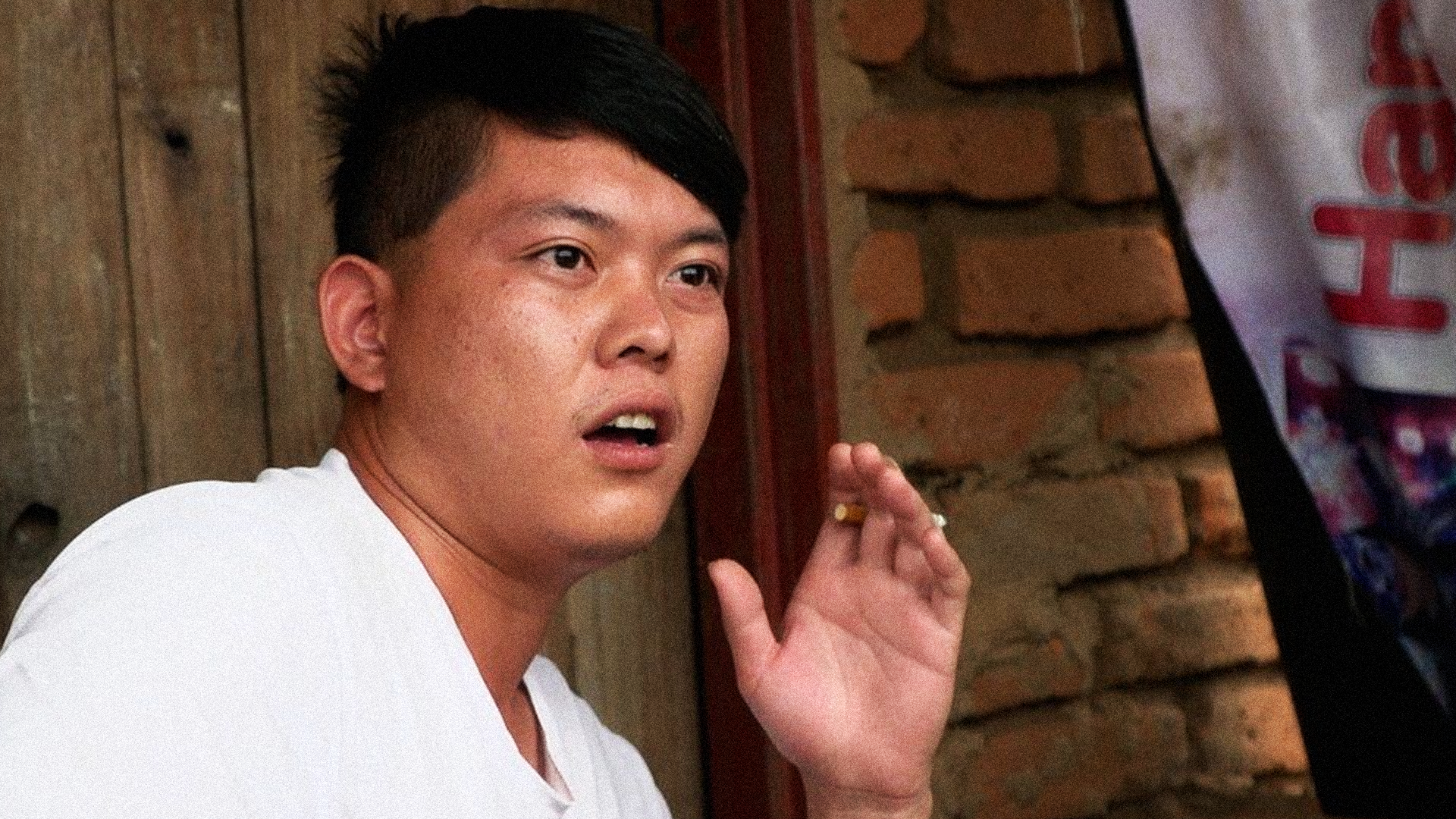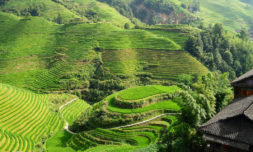A Chinese national filmmaker, Lu Ke, has been accused of manipulating Malawian village children into saying racist phrases as personalised greeting videos and selling footage on Chinese sites.
Last week, Zambian authorities arrested Chinese national Mr. Lu Ke, who fled Malawi after viral videos of children saying racist phrases emerged on Chinese social media sites.
Lu Ke was arrested in the eastern Chipata district of Zambia and later returned to Malawi.
The BBC uncovered the story of videos being sold to a Chinese website for $70 each. The unaware children were reportedly paid half a dollar for making the chants on the videos.
What is the racism problem in Africa?
In recent years, China has become Africa’s biggest development partner for infrastructure and economic investment.
Many of Africa’s mega projects are led by Chinese experts, making it the biggest trading partner for the whole continent. However, these collaborations have been internationally criticised as a way of exploiting Africa’s rich resources.
Additionally, locals have described some Chinese nationals as racists who refer to African people as ‘unworthy’.
Malawi’s case sheds light on a practice that has been going on for years. According to the Human Rights Watch, Africa’s poor economy leaves millions living below a dollar in a day and has encouraged racist, exploitative practices such as Lu Ke’s videos.
African governments have largely been reluctant to act against racism and disrespectful behaviour by some Chinese in order to ‘protect’ their relationships with its government.
African videos have gone viral in China in the past and sold for millions of dollars on social media websites. The recent leaked video showed the children saying in Mandarin language, ‘I am a monster, with a low IQ.’ The targeted children came from poor families in remote villages in Malawi, where literary levels are low and locals can easily be influenced by money and gifts.
https://www.youtube.com/watch?v=4dwlc59eR84
Similar exploitation has previously been reported in Kenya concerning Chinese business.
Cases of workers being whipped for reporting late emerged in 2020 and prompted the government to shut down businesses and deport Chinese officials. Such mistreatment has angered many Africans, terming it as ‘modern slavery’.
What has been the local and international response?
The racism news angered the public in Lilongwe, Malawi. Various rights groups protested in the streets and presented a petition to the Chinese Embassy in the Capital city of Lilongwe.
Led by the University of Malawi Child Rights Legal Clinic, there was a call for compensation and psychological support for the exploited children from the videos.




















